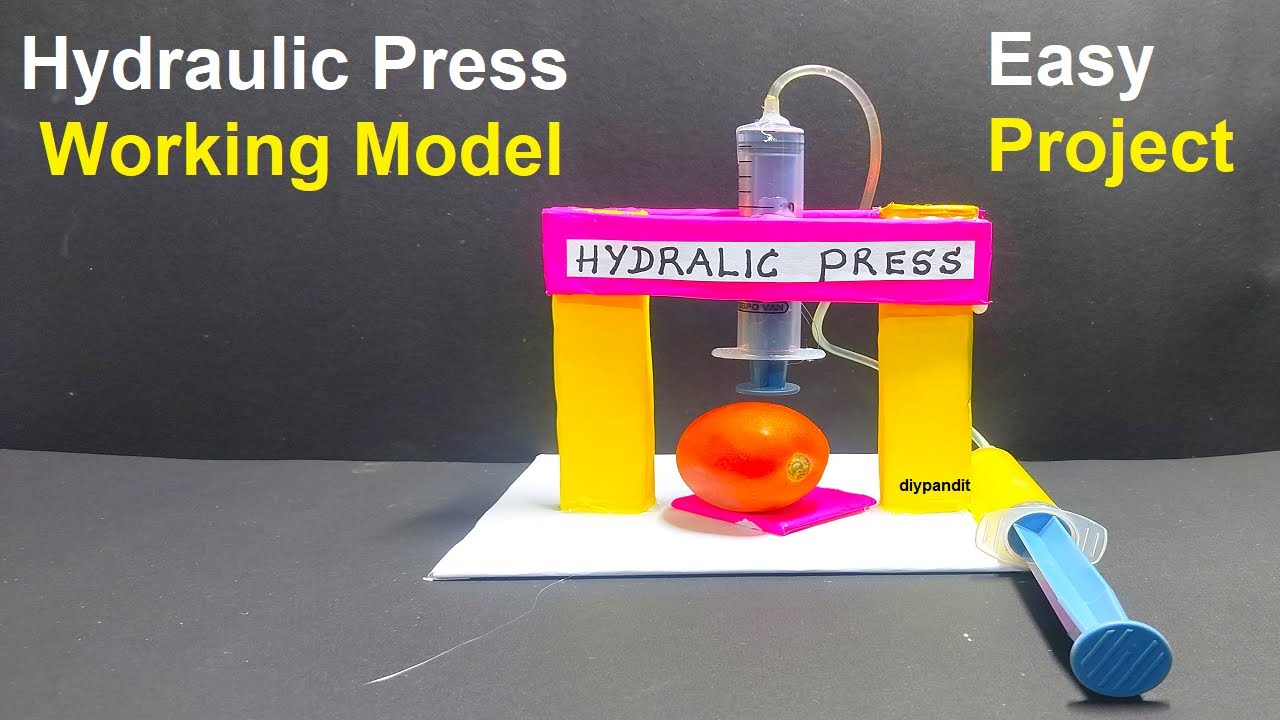Pascal’s law is applied daily in hydraulic systems, such as in vehicle brakes, where a small force on the brake pedal is transmitted to multiply stopping force at the wheels.

Other applications include hydraulic lifts at auto shops, hydraulic jacks for lifting heavy objects, and hydraulic presses used in manufacturing
Hydraulic Brakes
When you press the brake pedal, you apply force to a small piston in the master cylinder.
This pressure is transmitted equally through the brake fluid to larger pistons at the wheels.
The increased force from the larger piston pushes the brake pads against the discs or drums, slowing or stopping the vehicle.
Hydraulic Lifts and Jacks
These are used to lift heavy loads, such as cars in a garage or large objects in construction.
A small force applied to a small piston creates pressure that is transmitted to a larger piston.
This pressure multiplication allows a small input force to lift a much heavier load.
Hydraulic Presses
Used in manufacturing to compress materials or mold objects.
A small force applied to a small piston generates high pressure, which is then used to exert a large force on a larger area.
Hydraulic Dam Gates
Pascal’s Law is applied to hydraulic dam gates to control water flow and level by using fluid pressure to move the gates.
Hydraulic systems, which are based on Pascal’s Law, transmit pressure from a small, low-force input to a larger output, allowing a small effort to open or close the massive gates, regulate reservoir levels, and manage water discharge
Hydraulic Hospital Bed
A hydraulic hospital bed is a real-life application of Pascal’s Law, which states that pressure applied to an enclosed, incompressible fluid is transmitted undiminished to every portion of the fluid and the walls of its container.
Hydraulic Bridges
Hydraulic bridges are a real-life application of Pascal’s Law, where a small force on a small piston generates a larger force on a large piston, allowing heavy sections of the bridge to be lifted and moved to allow marine traffic to pass
Hydraulic Cranes
A hydraulic crane uses pressurized fluid to lift and move heavy loads, making it essential for industries like construction, manufacturing, and logistics

